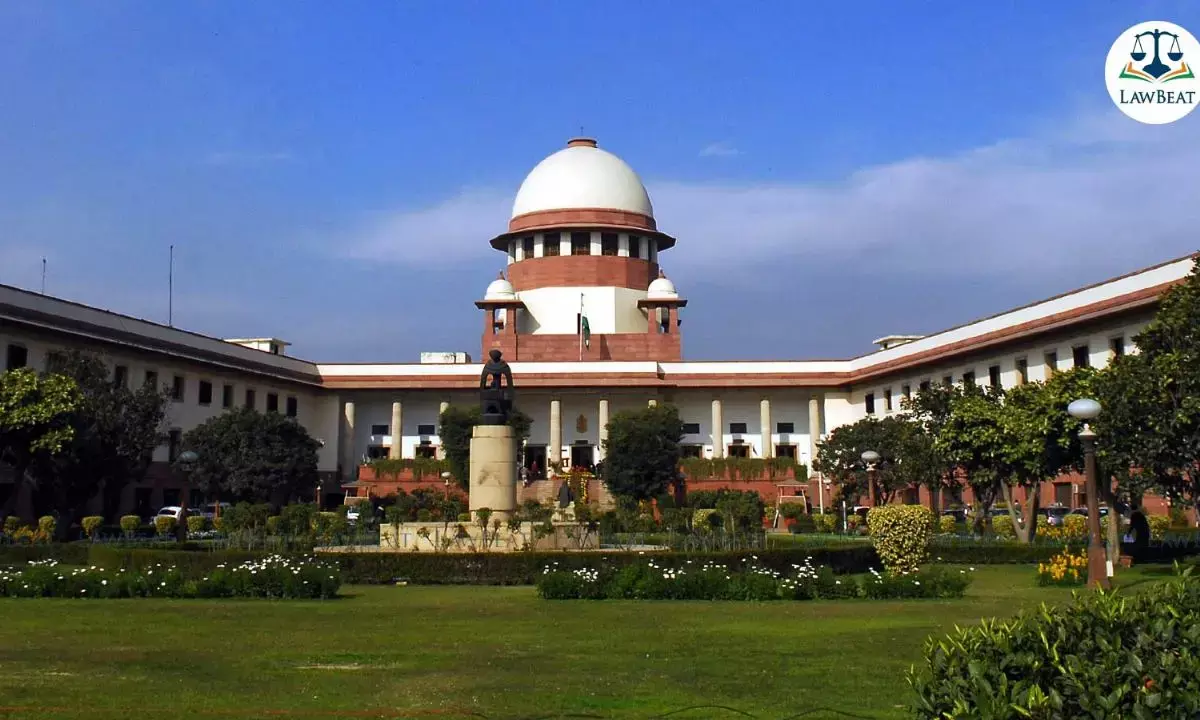Refund of Earnest Money Needs Specific Plea; SC clarifies

The Supreme Court on May 2, 2025, ruled that courts cannot suo motu grant refund of earnest money under the Specific Relief Act. Such relief must be specifically prayed for in the original plaint or introduced through an amendment.
A bench of Justices J.B. Pardiwala and R. Mahadevan clarified that refund under Section 22(1)(b) of the Act does not automatically follow a decree for specific performance and must be expressly claimed.
The bench said plaintiffs are permitted to amend their plaints at any stage to include alternative reliefs, such as refund of earnest money, and courts have wide discretion to allow such amendments. However, in the absence of a specific prayer, such relief cannot be granted unilaterally. Section 22(2), the bench noted, offers sufficient procedural flexibility, even at the appellate stage, but the relief must still be specifically sought.
It further held that forfeiture of earnest money is not penal in the ordinary sense and therefore Section 74 of the Indian Contract Act, 1872, does not apply.
Drawing a distinction between “advance” and “earnest” money, the bench explained that while an advance refers to consideration paid in part before it becomes due, earnest money is a deposit meant to bind the contract, adjusted if the contract is completed and forfeited if it is not.
The ruling came in an appeal filed by K.R. Suresh, who had challenged a 2021 Karnataka High Court decision upholding a Bengaluru trial court’s dismissal of his suit for specific performance of a 2007 agreement to sell a property in Bangalore South Taluk. Under the agreement, Suresh had paid Rs 20 lakh of the Rs 55.5 lakh consideration as advance but failed to pay the remaining amount within four months. The sellers, invoking the forfeiture clause, cancelled the agreement and sold the property to other buyers.
Though Rs 20 lakh was described as advance, the bench held it functioned as earnest money paid at the time of execution, forming part-payment, and serving as a performance guarantee, forfeitable upon breach.
Since the appellant never sought a refund of the amount, either in the plaint or through an amendment, the Court declined to entertain such relief. “The law aids the vigilant, not those who sleep over their rights,” the bench observed.
It also found the forfeiture clause fair and reciprocal, noting that in case of default by the seller, the agreement required payment of twice the advance amount to the buyer, demonstrating mutual obligations.
Case Title: K R Suresh Vs R Poornima & Ors
